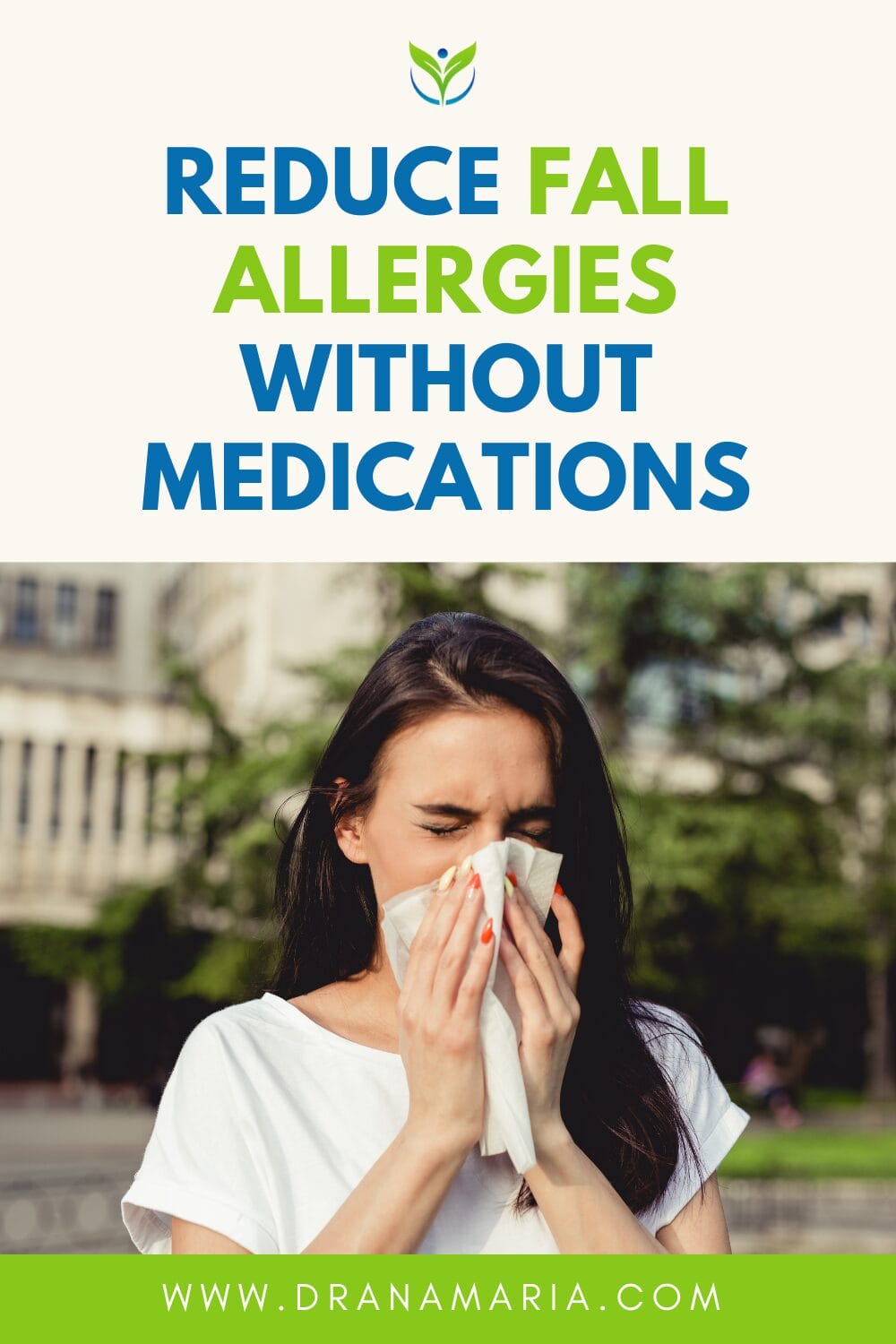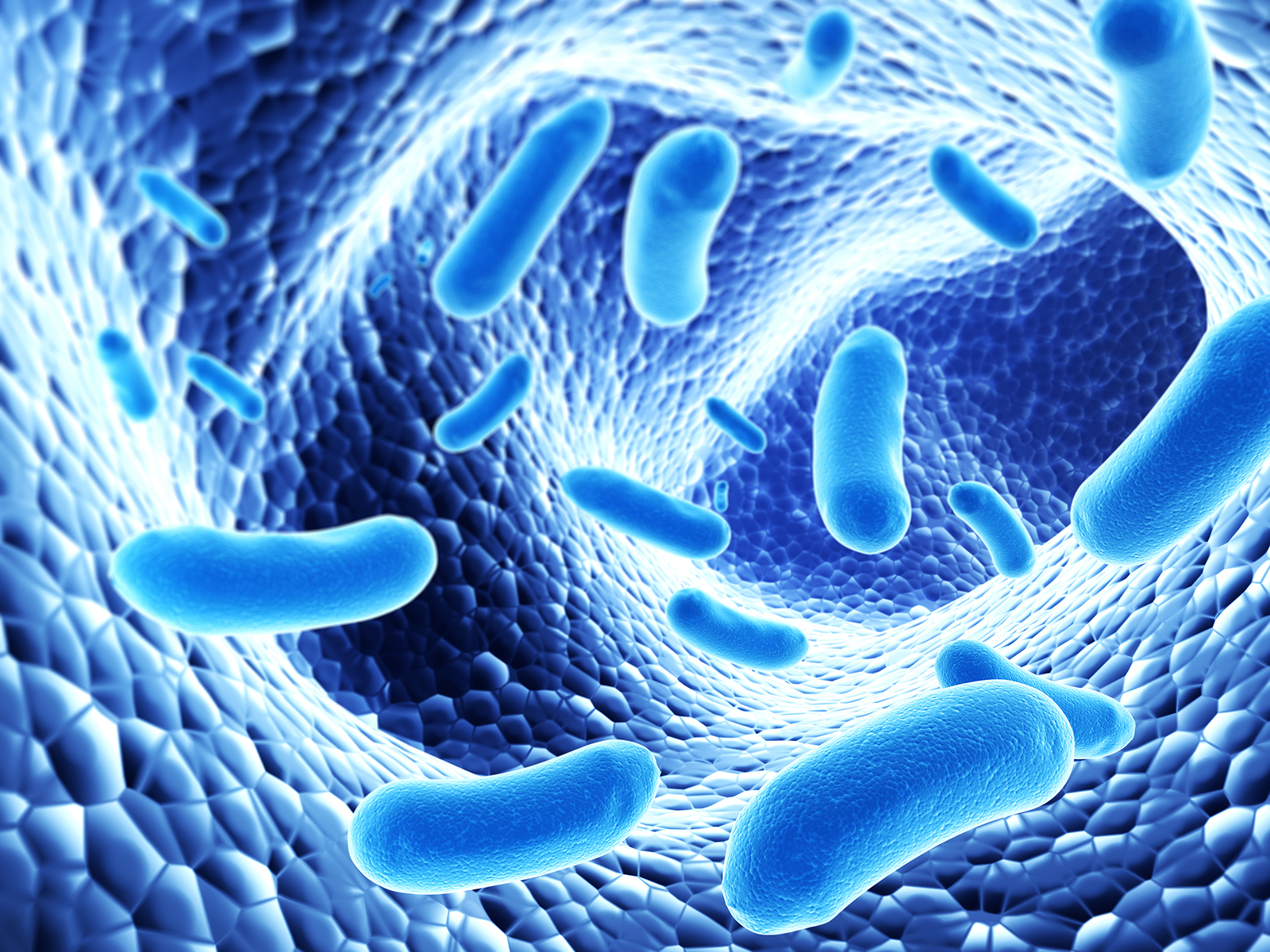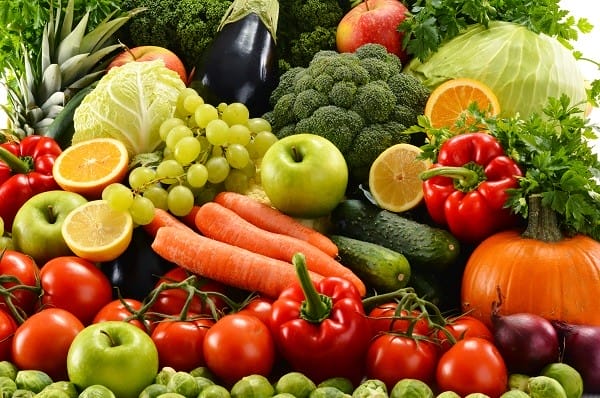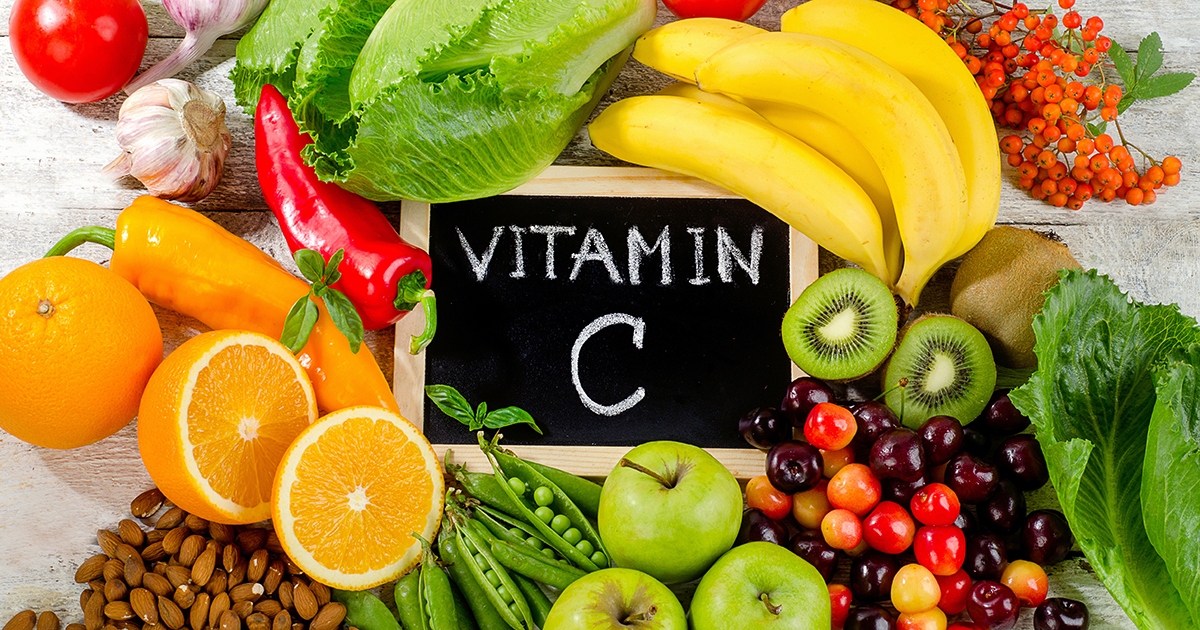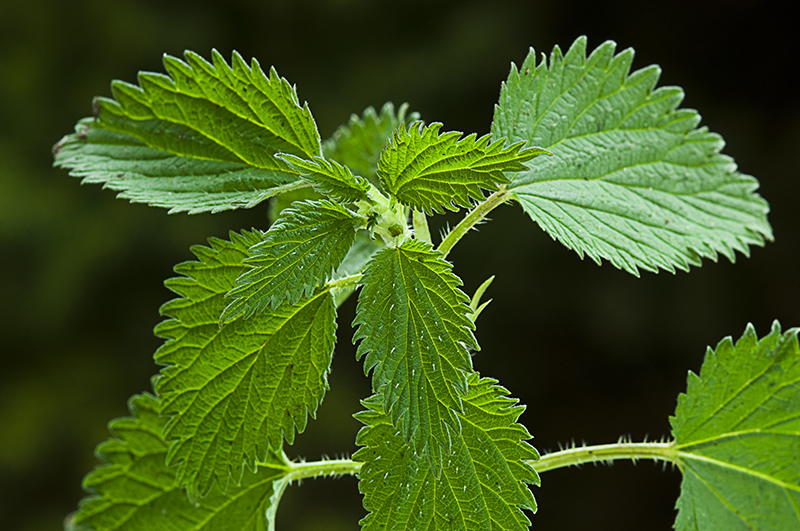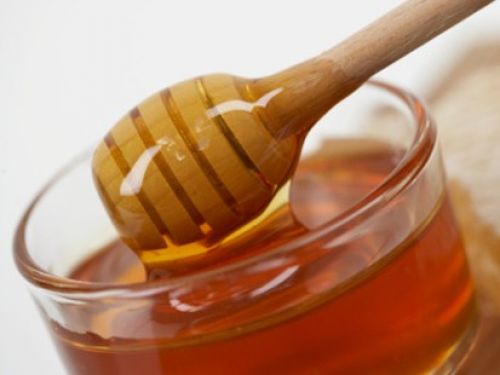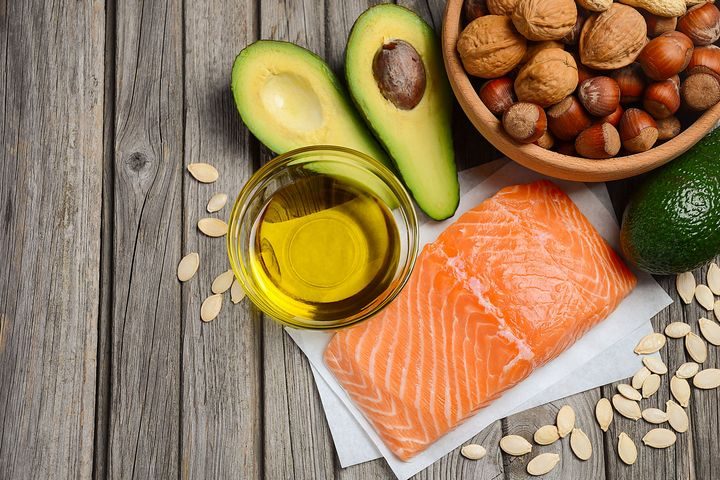August brings not only back to school preparations but also Fall Allergy Season, specifically Ragweed Allergy Season. 23 million Americans suffer from Ragweed Allergy. Up to a billion pollen grains can come from a single ragweed plant. There are 17 types of ragweed and they grow in most locations in the US, and the world. They generally bloom from Mid August to late November (article), with peak in Mid September, in the Northern Hemisphere.

Fall molds that grow on wet leaves and decomposing plants are also a problem this time of year.
Failing to cope with hay fever can produce long-term complications. People who have allergic rhinitis tend to have more nasal polyps, ear infections, and sleep disorders, including snoring and sleep apnea. Additionally, untreated hay fever can result in mouth breathing, a dental overbite, and chronic swelling in the nasal passages.
Approximately 80 percent of people with asthma suffer from seasonal allergies. Treating hay fever symptoms can reduce sinus infections, ear infections, asthma–related hospitalizations and emergencies (article).
Common seasonal allergy symptoms include:
- Congestion
- Post-nasal drip
- Excess mucus production
- Sneezing
- Runny nose
- Itchy, watery eyes
- Scratchy throat
- Tickle/irritation in the ears
- Asthma
- Hives
- Eczema
- Middle Ear Infections
- Decreased concentration and focus
- Decreased decision-making
- Exhaustion and sleep issues
- Mood swings
- Irritability
The following conditions can put you at risk for Ragweed Allergies.
- asthma
- unmanaged stress
- food allergies
- poor nutrition
- lack of exercise
- sleep deficit
- deviated septum
- nasal polyps
- recent trauma or illness
- pregnancy
These conditions need to be managed under a doctor’s care because they can adversely affect your immune system functioning. Allergy symptoms occur when our bodies release histamine in response to an allergen. (article) A strong immune system is key to fighting seasonal allergies.
Natural Treatments for Seasonal Allergies
Increase your consumption of these foods
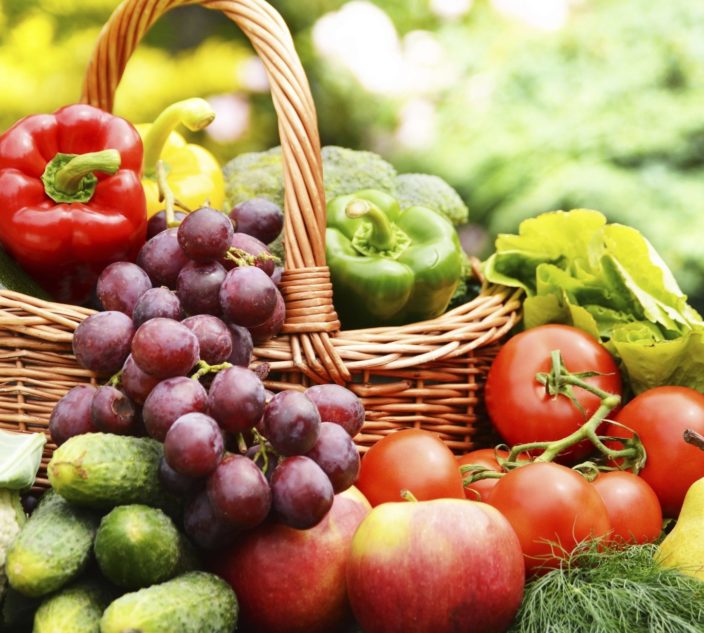
- fresh fruits: mango, pear, watermelon, apple, kiwi, cantaloupe, grapes, berries
- fresh vegetables, organic when possible, here is the list of the dirty dozen
- dairy substitutes: coconut milk, hemp milk, almond milk, rice milk
- cooking oils: olive oil, coconut oil
- leafy herbs
- organic, free range eggs
- gluten free grains: quinoa, rice
- freshly wild caught fish
- freshly cooked organic poultry
- herbal teas such as Green Tea
The above foods are low histamine foods which means they are least likely to irritate the immune system. They are also power houses of Vitamins such as Vitamin C, Vitamin D, Magnesium, and Antioxidants such as Quercitin.
Avoid these foods

- sugar
- caffeine
- bottled fruit juices
- food preservatives
- decrease dairy, soy, gluten
- processed foods with ingredients that you can’t pronounce or have no idea what they mean
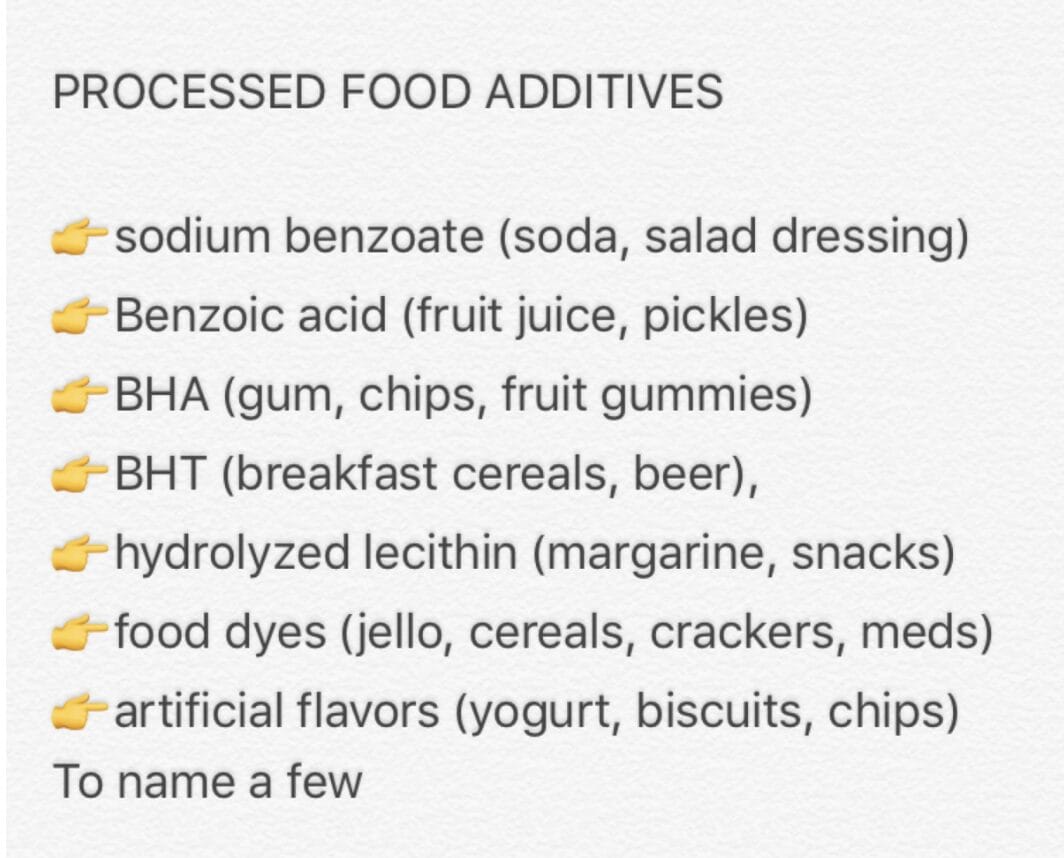
Food preservatives are known to trigger allergies and asthma.
Beware of these foods
They can cross react and are known triggers in individuals suffering from Ragweed Allergies (article)
- cucumbers
- melons
- zucchini
- sunflower seeds
- bananas
- chamomile tea
Reduce your exposure to Ragweed
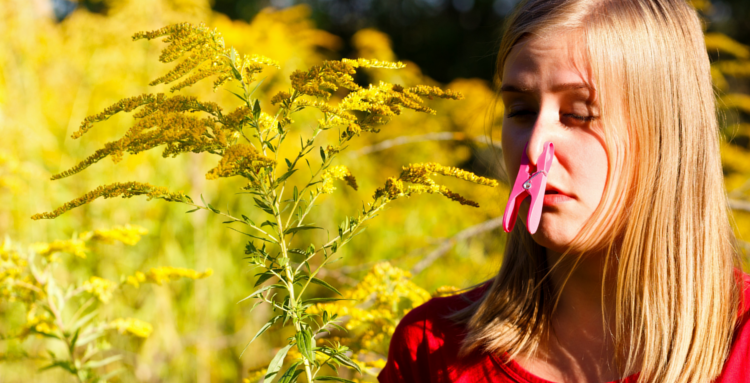
- Wear a protective mask when gardening or doing yard work.
- Modify the indoor environment to keep out allergens. Use HEPA (high-efficiency particulate air) filters in air conditioners to better trap pollen spores. Change air condition filters often.
- Check pollen counts before you travel. To find pollen counts, go to the National Allergy Bureau (www.aaaai.org/nab)
- Protect your eyes. Wear sunglasses when outdoors to reduce the amount of pollen coming into the eyes,
- Wash your hair and shower at the end of the day to wash out pollens. This will help avoid pollen transfer to the pillowcase and bedding.
- Exercise in the morning or late in the day. Pollen counts typically are higher on a hot, windy, sunny day compared with a cool day without much wind.
- Check the pets, they are known pollen carriers.
- Leave your shoes at the door. Tracking in mud and pollen through the house will make symptoms worse.
Supplements and Over the Counter Medications
Please speak with your doctor about which supplement is right for you.
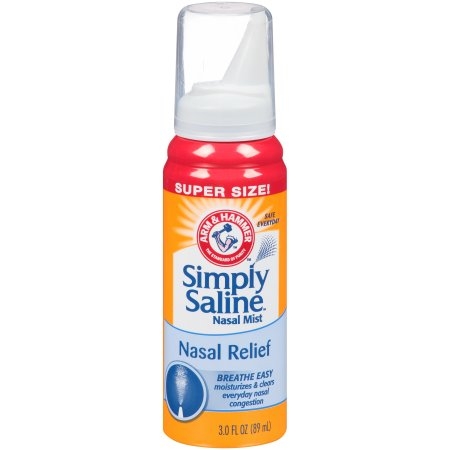
Nasal Saline rinse twice daily, will wash pollen out of nose, reduce symptoms, and decrease medication use by 62% (article)
Daily Probiotics have been shown to be effective in treatment (article) and prevention (article)
Vitamin D, a critical vitamin for immune system function is found in Eggs, Salmon, Cod Liver Oil, Tuna, Sardines. Emerging evidence shows Vitamin D to increase the effectiveness of nasal corticostroids in those suffering from Allergic Rhinitis (allergic runny nose) (article)
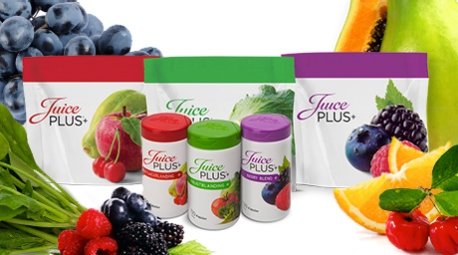
Juice Plus, are fruits and vegetables in gummies or capsules. Organically grown, dye free, chemical free. Several studies have been conducted and show improvement in Immune System Function (article)
Quercetin is a natural bioflavonoid found in plants such as apples, berries, capers, grapes, onions, shallots, tea, and tomatoes, many seeds and nuts. It stabilizes mast cells, preventing release of histamine. As a potent antioxidant, it reduces inflammation. It is best used as a long term remedy starting about 4-6 weeks before allergy season. (article)
Vitamin C, an antihistamine, is one of the most important antioxidants and immune enhancing nutrients to an allergy sufferer. Found in Red Peppers, Oranges, Kiwi, Melons. The effect of Vitamin C is enhanced when taken with Quercetin (article)
Nettle Leaf, a natural antihistamine that naturally blocks the body’s ability to produce histamine. It grows in many places and can be made in to a tincture or tea. For allergy relief, capsules made from dried nettle leaves are the easiest and most effective option (article). It should be used long term, staring 4-6 weeks before the start of allergy season.
Local Raw Honey, in those older then 12months old, has shown promise in the prevention of Seasonal Allergies (article). Honey ingestion is thought to help via Oral Sensitization. In other words, eating the allergen regularly can help the body recognize the specific allergen as a non threat. It is important to buy the honey locally, because pollen from Brazil won’t help much in North Carolina. Furthermore, make sure it’s raw. Processing destroys most of the nutrients.
Omega-3 is found in Salmon, Free Range Eggs, Free Range Grass Fed Meats, Avocado, Olive Oil, Nuts. It has been shown to boost the immune system (article)
In Good Health, Ana-Maria Temple, MD
Found this helpful? Save it for later!
